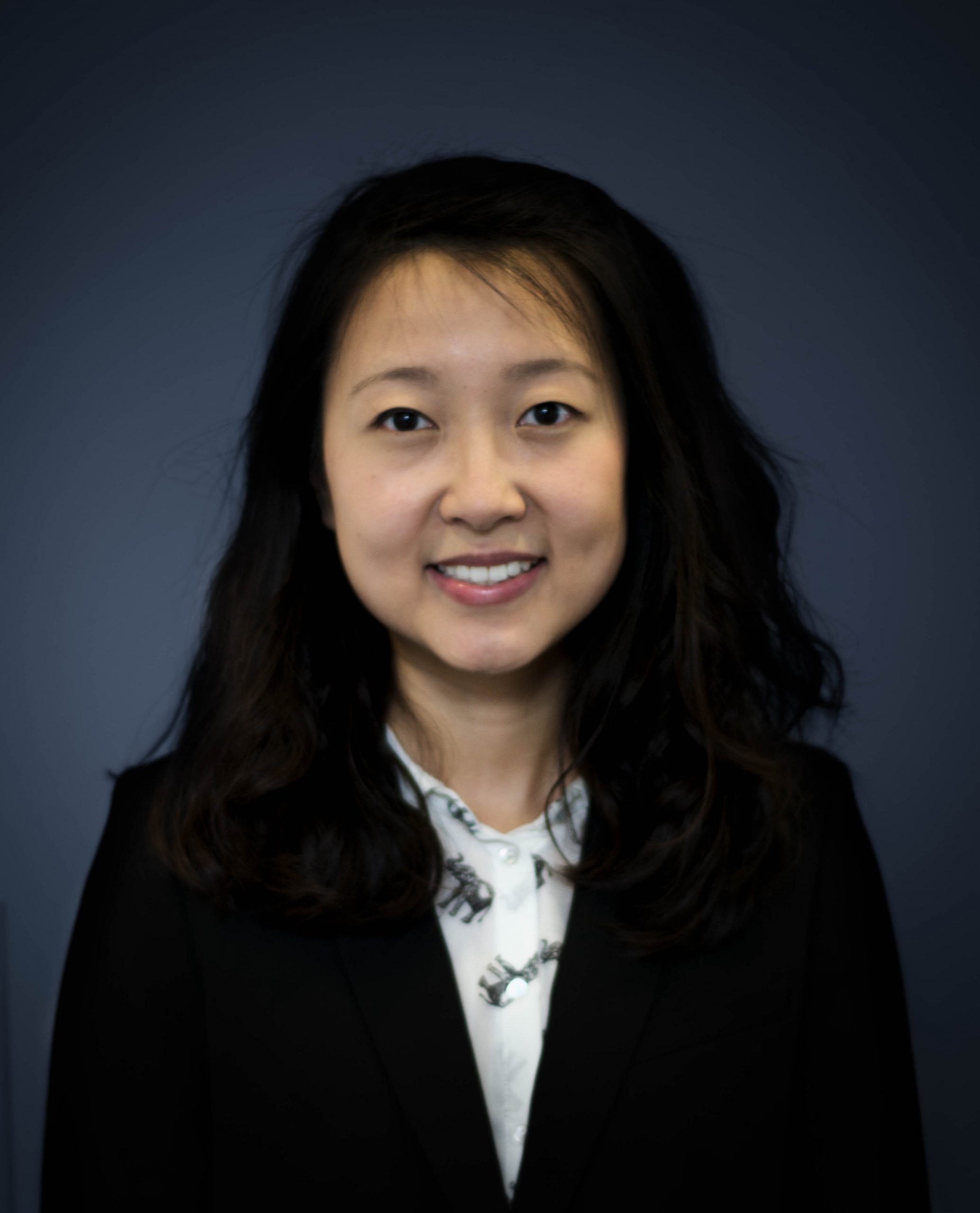
Gates Cambridge Scholar Yuntong Ma is selected as a FASPE Medical Fellow.
FASPE taught me about how ethical lapses can form and sustain among professionals like doctors. I learned the need to remain both vigilant and pro-active in my clinical practice and with other doctors - we can never take for granted the moral codes which our work should abide by.
Victor Roy
A Gates Cambridge scholar has been selected for a prestigious fellowship which addresses contemporary medical ethics through a unique historical context.
Yuntong Ma [2015], who did an MPhil in Sociology at Cambridge and is currently a fourth-year medical student at Washington University School of Medicine, was selected as one of the FASPE Medical Fellows for 2017.
FASPE (Fellowships at Auschwitz for the Study of Professional Ethics) are a set of innovative programmes for graduate students to study contemporary ethical issues using the conduct of doctors and other medical professionals during the Holocaust as a launching point.
Ten to 15 fellows are selected each year for this programme. Fellows travel to Berlin, Germany, as well as Auschwitz and other sites in Poland. The 2017 trip will take place in June.
Yuntong’s MPhil dissertation research focused on the development of the CRISPR-Cas9 system, a genome-editing technology, its translational applications and potential for human germline modification which has been the subject of many ethical questions.
Two Gates Cambridge scholars have previously been selected for this fellowship – Victor Roy [2012], who is doing a PhD in Sociology, and Alessa Colaianni [2013], who did an MPhil in History and Philosophy of Science.
Victor Roy said: "FASPE taught me about how ethical lapses can form and sustain among professionals like doctors. I learned the need to remain both vigilant and pro-active in my clinical practice and with other doctors – we can never take for granted the moral codes which our work should abide by."
"Linking that historical moment to the real present-day struggles over ethical practice now challenging many of our professional fields will only make FASPE more valuable to future participants and our alumni."

Yuntong Ma
- Alumni
- United States
- 2015 MPhil Sociology
- St John's College
I graduated from Columbia University with a BA in Neuroscience and Behavior and am currently a medical student at Washington University School of Medicine. My research interests lie at the intersection of medicine, technology and society, with a focus on imaging technology and global health. My MPhil dissertation research focused on the development of the CRISPR-Cas9 system, a genome-editing technology, its translational applications, and potential for human germline modification. I am interested in the critical analysis of and formulation of frameworks for inclusive and interdisciplinary discourse that bridges the medical and research communities, regulatory bodies, and the wider public to inform equitable and responsible uses of advancing medical technologies.
Previous Education
Columbia University
Washington University
Victor Roy
- Alumni
- United States
- 2009 MPhil Modern Society and Global Transformations
2012 PhD Sociology - King's College

Alessandra Colaianni
- Alumni
- United States
- 2013 MPhil History and Philosophy of Science
- Clare College
I'm a third-year medical student at Johns Hopkins, and ever since I started medical school I have been fascinated by ethical and anthropological aspects of medicine. In particular, I am interested in the transformation of medical students into doctors, changing historical concepts of the "professional code" of medicine, and how physicians and medical students can use narrative essay to reflect on emotionally intense or disturbing experiences. I am also curious about what happens to doctors who break the professional code, and about aspects of existing medical culture that may paradoxically make it more difficult for physicians to behave ethically. While at Cambridge I look forward to exploring these issues through the Department of Social Anthropology.












